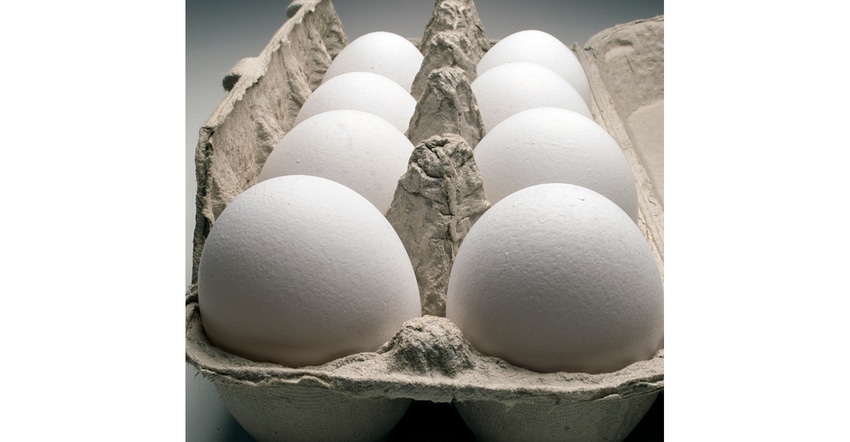Food Manufacturers Awarded Nearly $18M for Egg Price Fixing
The amount is lower than the $25 million the companies had been seeking.

The verdict from a Chicago federal jury showed that the CPGs were overcharged for egg products in a price-fixing conspiracy by the biggest US egg producers and industry trade groups.
The nation’s largest shell egg producer Cal-Maine Foods, as well as Rose Acre Farms, United Egg Producers, and United States Egg Marketers, will pay Kraft, Kellogg, General Mills and Nestlé $17.7 million in damages for their role in an alleged egg price-fixing “conspiracy,” an Illinois federal jury has decided. The amount awarded is lower than the $25 million the companies had been seeking.
Kraft will receive approximately $12.8 million, Kellogg about $3.2 million, General Mills about $914,000, and Nestlé about $809,000.
According to the lawsuit, the defendants conspired as early as 1998 to “control supply and artificially maintain and increase the price of eggs” through a series of collective actions, including short-term measures such as a 5% emergency flock reduction and early molt and hen disposal plans.
The lawsuit further argued that the companies limited supply by participating in the United Egg Producers Certified guidelines, which required more cage space for birds but consequently reduced supply. Lastly, the plaintiffs argued that the companies coordinated large-scale exports “to control the supply of eggs.”
“We are extremely grateful for the jury’s service and findings,” Brandon Fox, an attorney representing the food manufacturers, said in a statement. “This was an important case for many reasons, and the jury’s award recognizes its significance.”
Attorneys for the four egg suppliers named in the lawsuit did not immediately return phone messages on Friday. Court documents show the defendants have denied the claims.
The egg suppliers include the family company of its former Chair John Rust, who’s running for the US Senate in Indiana. In a written statement on the verdict, Rust said the jury’s decision “will be appealed.”
The jury found that the egg suppliers exported eggs abroad to reduce the overall supply in the domestic market, as well as limited the number of chickens through means including cage space, early slaughter and flock reduction, court documents say.
About the Author(s)
You May Also Like




